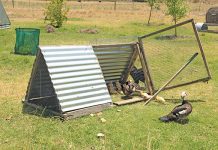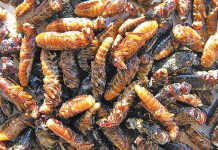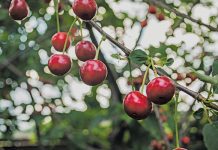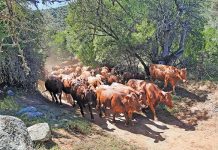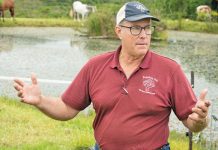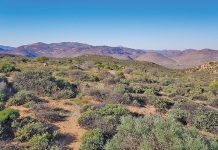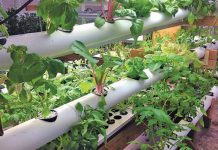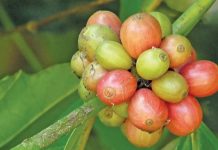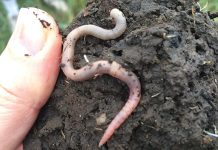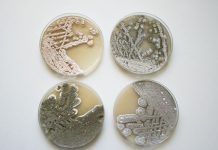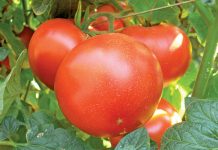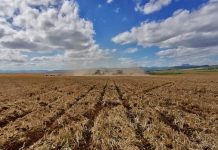Living off the land, thanks to diversification
Producing a variety of crops and livestock has enabled Tabby Robertshaw and her partner to realise their dream of homesteading. She spoke to Glenneis Kriel about the hard work they have put into the venture.
Edible termites: a weapon in the fight against food insecurity?
Edible insects can help feed the populations of developing countries, says Ntokozo Blessing Zitha, an agricultural economist involved with the Agricultural Research’s Council Professional Development Programme.
Finding cherry leaf spot-resistant varieties
A study was recently conducted in China to identify the resistance levels of cherry cultivars in that country, and offers useful information for farmers in all cherry-growing regions.
Unlocking opportunities for women in SA’s livestock value chains
Noluthando Ngcobo and Mamakie Lungwana, intern agricultural economists at the Agricultural Research Council, explore the challenges that women face in the South African livestock value chain.
Lessons in regenerative farming from a visiting US expert
US farmer and author Joel Salatin was invited by the Permaculture Institute for Southern Africa to visit South Africa and share some of his conservation farming knowledge with local farmers.
Protecting the jewel in SA’s biodiversity crown
Jan Coetzee, land programme manager at the World Wide Fund for Nature South Africa, explains how one man’s vision changed the trajectory of conservation in the Succulent Karoo.
Boosting agricultural productivity via small-scale vertical farming
Zikhona Buyeye, a junior researcher at the Agricultural Research Council’s Natural Resources and Engineering Division, explores the importance of vertical farming structures for small-scale vegetable production.
Farming in Africa: producing coffee and cocoa in Côte d’Ivoire
Despite being a major producer of coffee in the early 2000s, Côte d’Ivoire’s coffee production has declined significantly. However, cocoa production is still massively on the rise, cementing the country’s place as the world’s top producer.
Soil health: crucial for future food production
Healthy soil is a key driver of farm productivity, profits, and sustainable food production. Dr Hendrik Smith explained to Magda du Toit how farmers can improve the health and fertility of their soils.
The bacteria that serve as fertilisers and growth promoters
Dr WJ Botha of the Biosystematics Division attached to the Agricultural Research Council’s Plant Health and Protection Research Institute explains why Streptomyces bacteria are an ideal alternative to chemical fertilisers and growth promoters.
Why small-scale farmers are hit hardest by post-harvest losses
With the relentless growth in population, countries can no longer afford to waste food. Manoshi Mothapo, a researcher at the Agricultural Research Council’s Natural Resources and Engineering division, examines how post-harvest losses affect smallholder farmers, and how they can be reduced with correct handling and storage.
Management: the key to improving soil health
Healthy soil is a crop farmer’s most important asset. Farmers Danie Bester and Tyson Zunckel, both of whom produce maize, soya bean and wheat, spoke to Magda du Toit about their soil-management practices.

